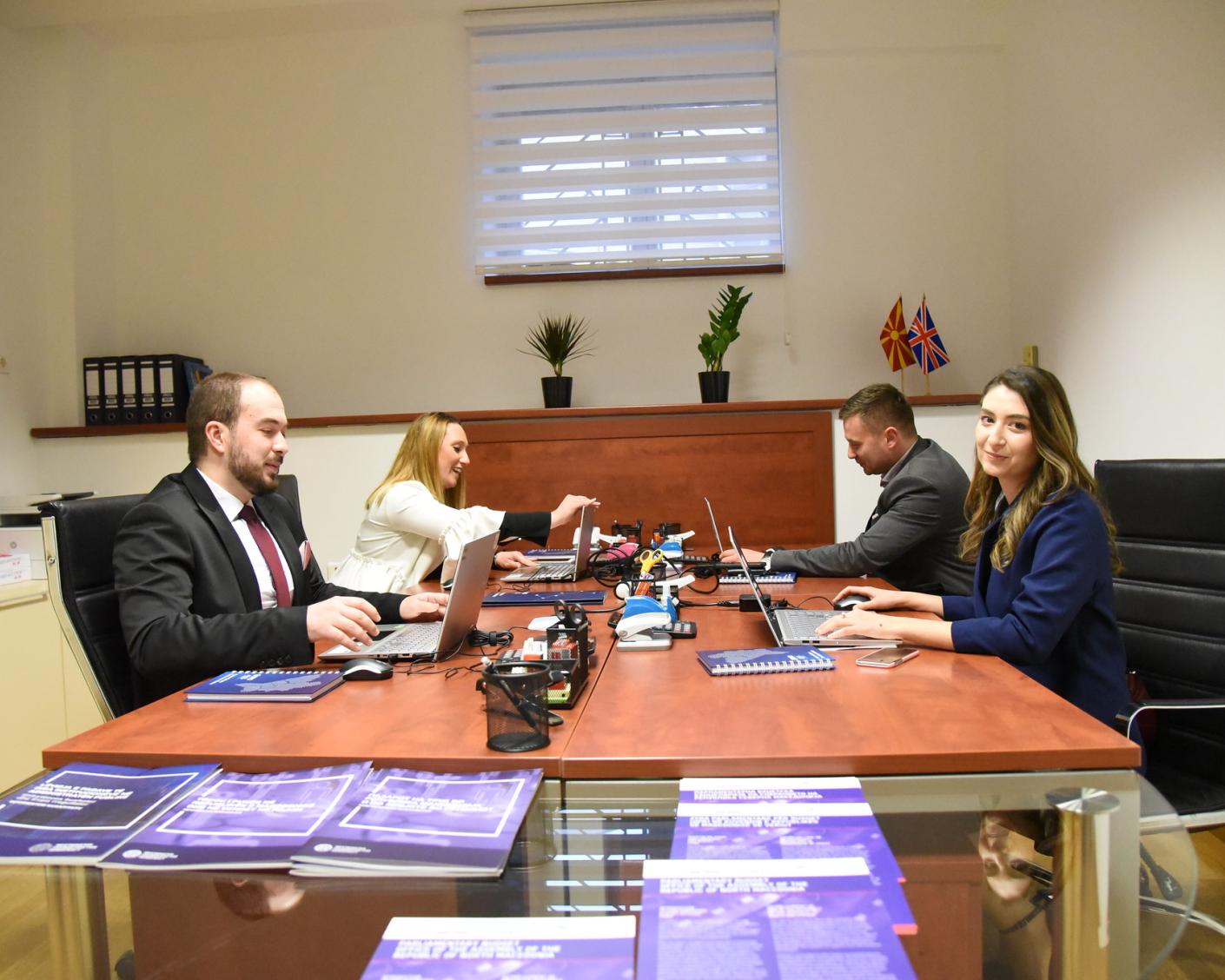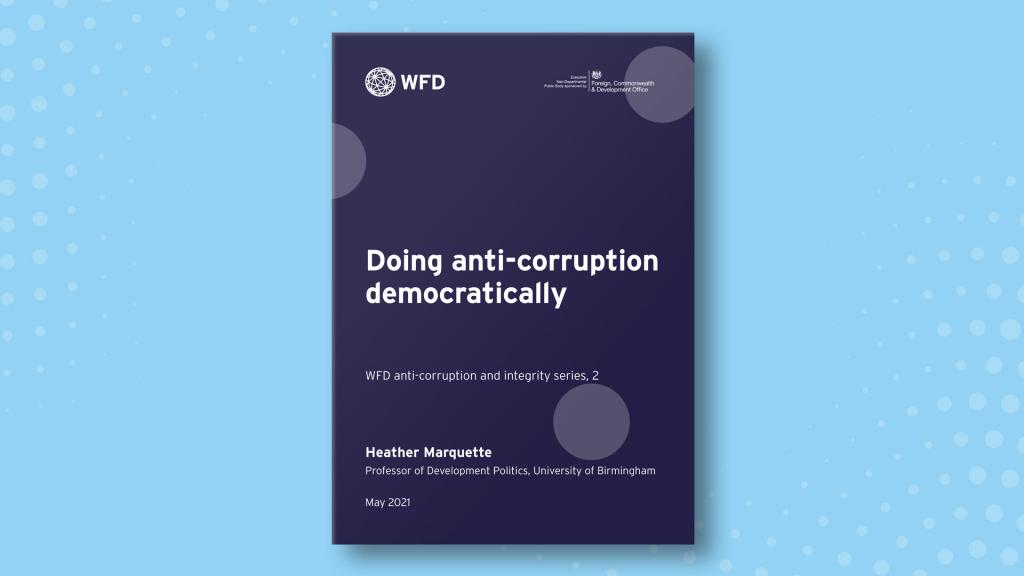Corruption is an aspect of poor governance which negatively affects a country’s economic development as well as the effective provision of public services in society. As the awareness of the detrimental effects of corruption on development has grown, strategies to fight it are now a priority in international development and policy circles.
WFD has developed an assessment framework on the interaction between parliaments and anti-corruption agencies. Based on the framework, WFD conducted comparative studies for Europe (Serbia, Ukraine, Lithuania) and Asia (Indonesia, Pakistan and Maldives), and worked with respective countries in follow-up to the recommendations.
With the former DFID Adviser on anti-corruption, WFD has developed new strategies for an effective parliamentary role in combatting corruption. WFD explored new thinking on “doing anti-corruption democratically”. Analysing anti-bribery legislation is important to identify weaknesses and areas of improvement in existing laws. Hence, a comparative analysis has been carried out of the UK Bribery Act (2010) and anti-corruption legislation in Ukraine, Indonesia and Kenya. These new publications constitute the start of WFD’s new “anti-bribery and integrity series”.
In the Philippines, WFD is currently advising the Bangsamoro Transition Authority on anti-corruption and integrity policy making, through a series of specialised policy dialogues. In Kenya, WFD works with the parliament and APNAC (African Parliamentary Network Against Corruption) in reviewing the Kenya Bribery Act 2016.

Our expertise
Franklin De Vrieze - Senior Governance Adviser
Franklin is a democracy and governance expert with extensive experience in post conflict, fragile and transition countries. His areas of expertise are parliamentary strengthening, legislative impact analysis and scrutiny, institution building for anti-corruption and integrity, policy making on combatting illegal finance, and the oversight role of parliaments on public finances and public debt.








